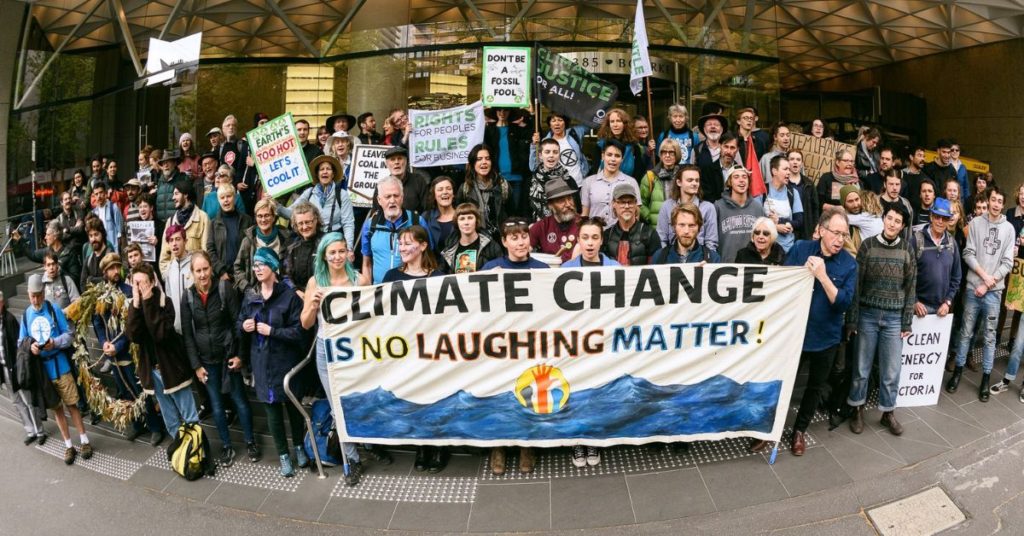The Workers on the Frontline of Climate Impacts
The Climate Impacts at Work report details that workers are already heavily impacted by climate change – from poorly ventilated kitchens, to accessible housing in heated-surburbia. Anna Langford writes for Chain Reaction #142.
In 2022, we’re already seeing how the impacts of the climate crisis are wreaking havoc on communities. And while a new band of tech billionaires are quick to make pronouncements about broad-sweeping fixes, tackling the climate crisis in a socially just way means putting workers’ rights at the core of solutions.
To ensure this happens, workers need to be a key part of the conversation about what solutions we will embrace to rapidly lower emissions and respond to the climate change impacts that are already locked in. But to open this conversation, we first need to ask the question: What does climate change look like for workers across Victoria?
In October 2021, Friends of the Earth launched the Climate Impacts at Work project with RMIT University and six Victorian unions. Its aim is to conduct pioneering research into the ways that climate impacts are already affecting workers in different industries.
While we may not be able to speak about every aspect of the climate crisis with the detail of those who study it, what we are equipped with are our own stories. With climate change already hitting us here and now, we can speak to it from experiences in our daily lives – like in our workplaces.
With this understanding, the Climate Impacts at Work survey has sought to draw out workers’ local knowledge of climate impacts, and gather their ideas for the climate solutions they want to see. The research will give a picture of how climate change on the ground looks different for transport workers compared with health workers, or for people in Northern Victoria compared with Gippsland or Melbourne.
— read the full article at https://www.foe.org.au/workers_on_frontlines_of_climate_impacts

